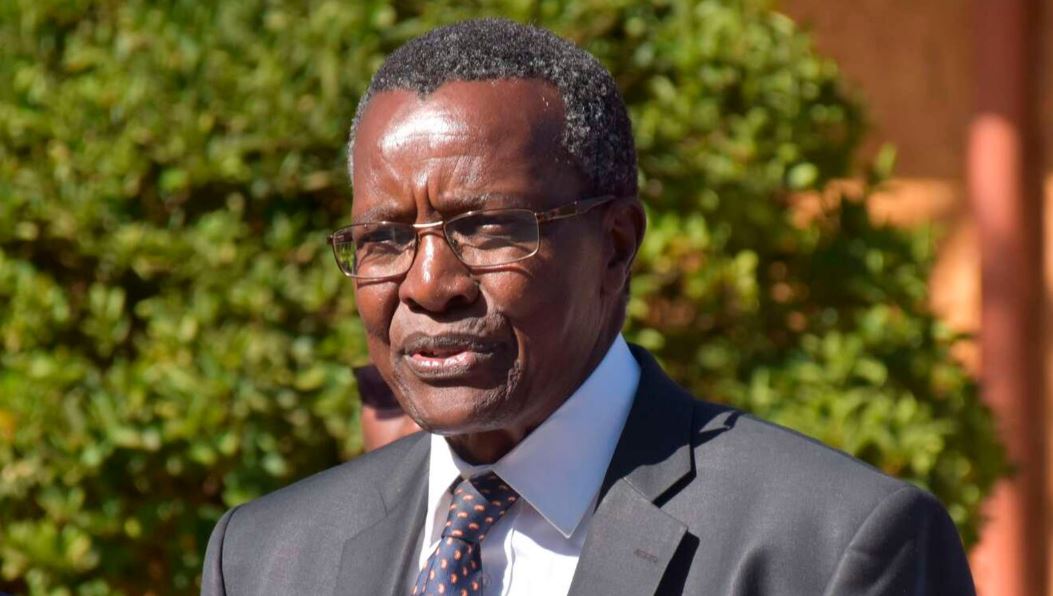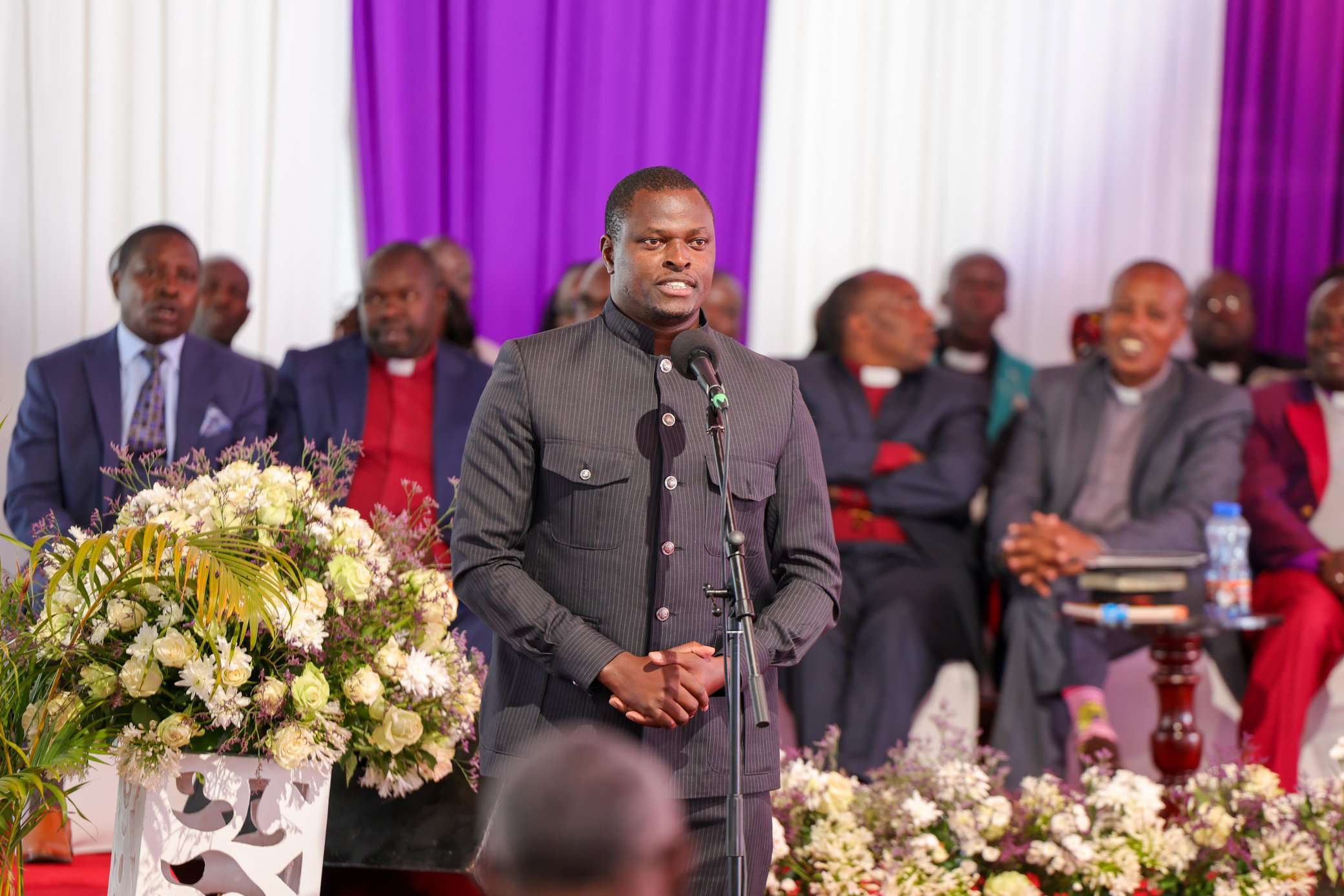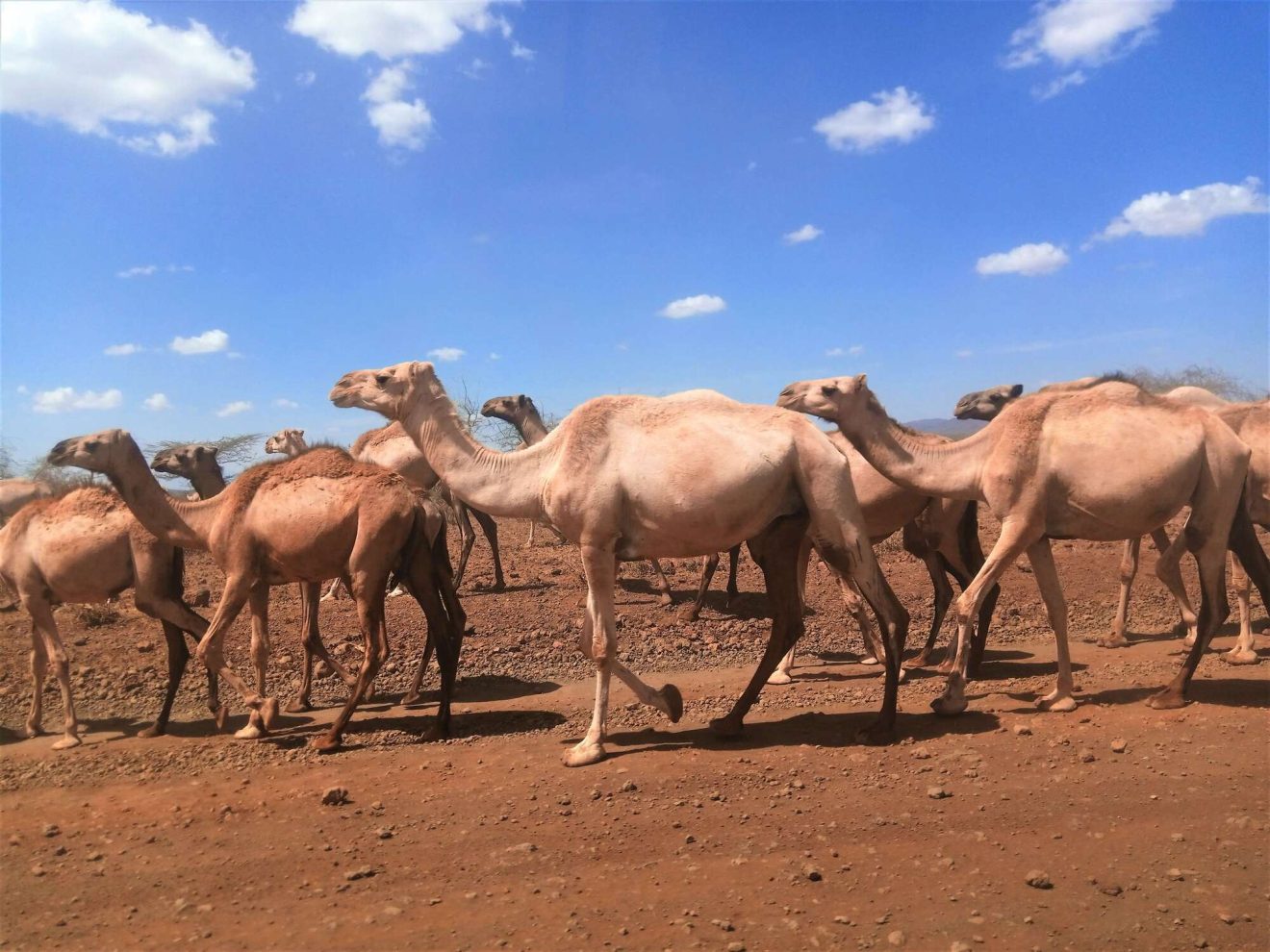TWV Political Editor
As Kenya’s united opposition gears up for the 2027 presidential election, its quest to nominate a consensus candidate has sparked intense struggle from within. Reports suggest that the opposition’s selection committee is leaning towards prioritising financial strength as the primary criterion for choosing its flagbearer, followed by nationwide support. While this approach may seem pragmatic, it threatens to alienate key contenders and fracture the coalition’s fragile unity, potentially handing President William Ruto an advantage in the upcoming election.
To unlock the full article:
Choose one of the options below:
- Ksh 10 – This article only
- Ksh 300 – Monthly subscription
- Ksh 2340 – Yearly subscription (10% off)
The opposition’s leading presidential hopefuls, Rigathi Gachagua, Kalonzo Musyoka, Fred Matiang’i, Eugene Wamalwa, and Martha Karua, are preparing for a collective nomination process to select a candidate and running mate. However, insider sources reveal that the proposed emphasis on financial backing could disproportionately favour candidates with deep pockets, sidelining those with strong grassroots support but limited resources.
Among the contenders, Rigathi Gachagua emerges as the frontrunner under the financial criterion. Backed by substantial personal wealth and influential business tycoons from the Mount Kenya region, Gachagua is reportedly capable of funding a robust, well-organised campaign. His financial muscle, bolstered by local and diaspora investors, positions him as a formidable candidate. Analysts argue that Gachagua’s allies are pushing for this criterion to secure his nomination, leveraging his ability to challenge President Ruto’s well-funded campaign machinery.
However, this focus on financial strength risks alienating other candidates who, despite their political experience or popular support, lack comparable resources. The opposition’s unity, already a delicate balancing act, could unravel if the selection process is perceived as favouring wealth over merit.
Wiper Party leader Kalonzo Musyoka, a seasoned politician with a distinguished record, is advocating for a selection process that prioritises experience over financial clout. Having served as Vice-President for five years, contested the presidency once, and run as a deputy twice, Kalonzo argues that his track record makes him the most qualified candidate. His supporters contend that experience and statesmanship should outweigh financial considerations in a contest where strategic leadership is paramount.
Yet, Kalonzo’s financial backing has waned since his earlier campaigns, when Ukambani tycoons, including former Machakos Senator Johnstone Muthama, invested heavily in his bid. Many of these backers are no longer active or have distanced themselves, leaving Kalonzo at a disadvantage if funding becomes the deciding factor. Moreover, his Wiper Party’s influence is largely confined to Machakos, Kitui, and Makueni counties, limiting his ability to compete on nationwide popularity compared to candidates with broader regional appeal.
Fred Matiang’i, another prominent contender, enjoys significant financial and political support. Sources indicate that Kisii tycoons, politicians, and business leaders have rallied behind him, bolstered by alleged commitments from American donors and former President Uhuru Kenyatta. With Uhuru’s influence and Mount Kenya connections, Matiang’i’s financial foundation rivals Gachagua’s. Additionally, his strong support among the 2 million-strong Kisii community enhances his electoral prospects, making him a serious contender in both financial and voter mobilisation metrics.
Eugene Wamalwa and Martha Karua, despite their political credentials, lack the financial resources and widespread support needed to compete effectively. Their limited backing underscores the narrowing race, with Gachagua, Kalonzo, and Matiang’i emerging as the primary contenders. This dynamic highlights the opposition’s dilemma: a selection process skewed towards financial strength could marginalise experienced leaders like Kalonzo and Karua, whose contributions to the coalition’s credibility are undeniable.
The opposition’s unity hinges on a fair and inclusive nomination process. Prioritising financial backing over experience or grassroots support risks alienating key factions within the coalition. Kalonzo’s supporters, for instance, may view the financial criterion as a deliberate move to sideline their candidate, potentially prompting them to defect or withhold support. Similarly, excluding candidates like Karua, who commands respect for her integrity and reformist credentials, could erode the opposition’s moral authority.
Moreover, an overemphasis on funding plays into the hands of President Ruto’s campaign, which is expected to leverage significant resources. The opposition’s strength lies in its ability to unite diverse leaders and mobilise voters across Kenya’s regions. A fractured coalition, divided by a contentious selection process, risks ceding ground to the incumbent.
To avoid collapse, the opposition must adopt a balanced selection criterion that values experience, popular support, and financial capacity in equal measure. A transparent and inclusive process, coupled with a commitment to rally behind the chosen candidate, is essential to maintaining unity.
The opposition’s think tank should consider a weighted scoring system that reflects the diverse strengths of its candidates, ensuring that no single factor, be it wealth or regional influence, dominates the process.
As the 2027 election looms, the united opposition faces a critical juncture. Its ability to present a cohesive front will determine its chances of unseating President Ruto.
By prioritising unity over financial might, the coalition can harness the collective strengths of its leaders and mount a formidable challenge. Failure to do so risks not only the collapse of the alliance but also the hopes of millions of Kenyans seeking change.
[/full]




